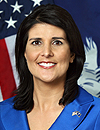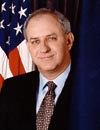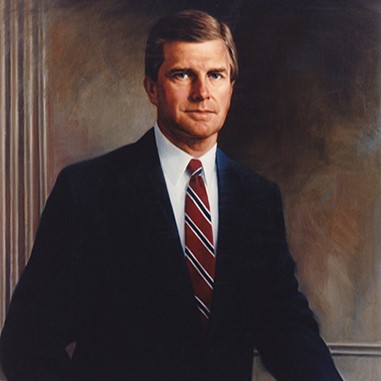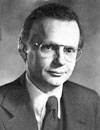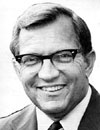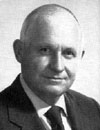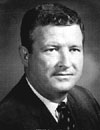This website uses cookies so that we can provide you with the best user experience possible. Cookie information is stored in your browser and performs functions such as recognizing you when you return to our website and helping our team to understand which sections of the website you find most interesting and useful. Please see our privacy policy for more information.
South Carolina
Gov. Robert Kingston Scott
- July 9, 1868 - December 7, 1872
- Republican
- July 8, 1826
- August 12, 1900
- Pennsylvania
- Central College, Starling Medical College
- Married Rebecca J. Lowry; two children
- National Guard
- Physician/Dentist
About
ROBERT KINGSTON SCOTT was born in Armstrong County, Pennsylvania. He moved to Ohio as a teenager, where he studied briefly at Central College and Starling Medical College, and then migrated to California to try his hand at mining. He traveled in Latin America and then returned to Ohio to practice medicine but quit his practice after becoming involved in the real estate business. He was a Captain in the First Pennsylvania Infantry from 1846 to 1848, and during the Civil War he became an officer in the Ohio Infantry, receiving promotions to Brigadier-General of Volunteers and then Major General. He retired from military service three years after the Civil War ended, returning to Ohio, but was soon appointed Assistant Commissioner of South Carolina Freedmen’s Bureau. The adoption of South Carolina’s fifth state constitution in 1868 provided for governors to be elected to two-year terms without any term limits, and Scott was nominated for governor at the Republican National Convention, going on to defeat his Democratic opponent. The day that he took office, the state legislature ratified the Fourteenth Amendment to the U.S. Constitution, clearing the way for the end of military authority and the resumption of civilian control over government. Scott was by definition a carpetbagger, and with a sharp rise in the public debt during his administration came efforts–though unsuccessful–to impeach him. He won election to a second term, which was steeped in controversy over fraud and corruption that led to a rise in support for the Ku Klux Klan, whose activity could only be suppressed by Scott’s call for intervention by federal troops. In 1871 the South Carolina Taxpayers’ Convention warned the state legislature against increasing the state debt further. Scott, along with other state officials, was charged by the legislature with fraudulent overissue of state bonds. But Scott justified his action in a speech that convinced members of the legislature to drop an impeachment resolution against him. Scott left office the following year, when his second term ended. He opened a real estate office in Columbia, South Carolina but left for Ohio in fear of prosecution when Democrats returned to power. In 1880 he was charged with killing a man but was acquitted after pleading to accidental homicide.
Source
Sobel, Robert, and John Raimo, eds. Biographical Directory of the Governors of the United States, 1789-1978, Vol. 4. Westport, CT: Meckler Books, 1978. 4 vols.
The National Cyclopaedia of American Biography, Vol. 12. New York: James T. White & Company.


